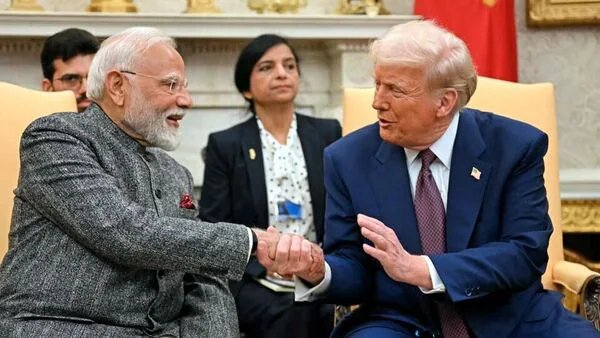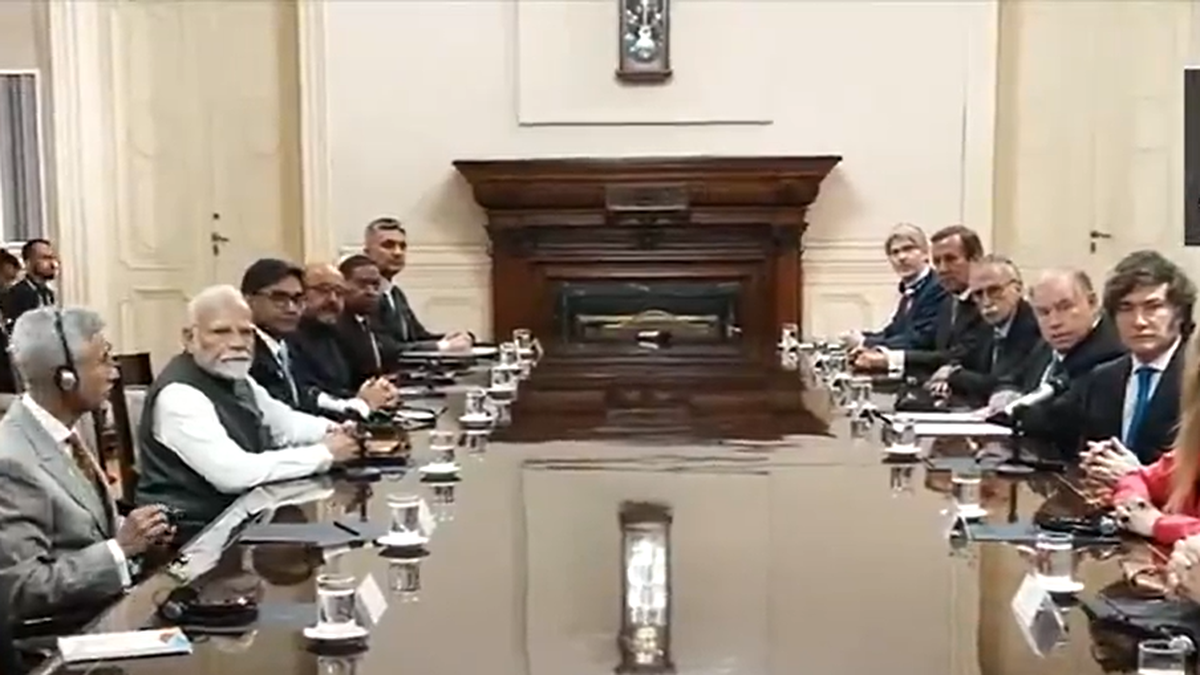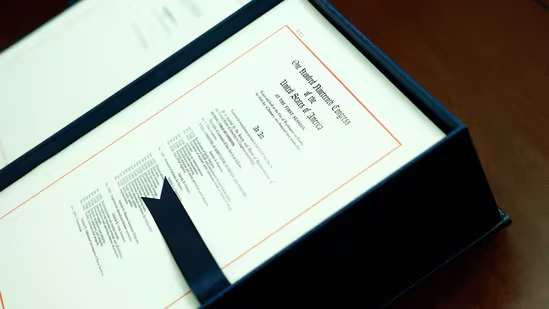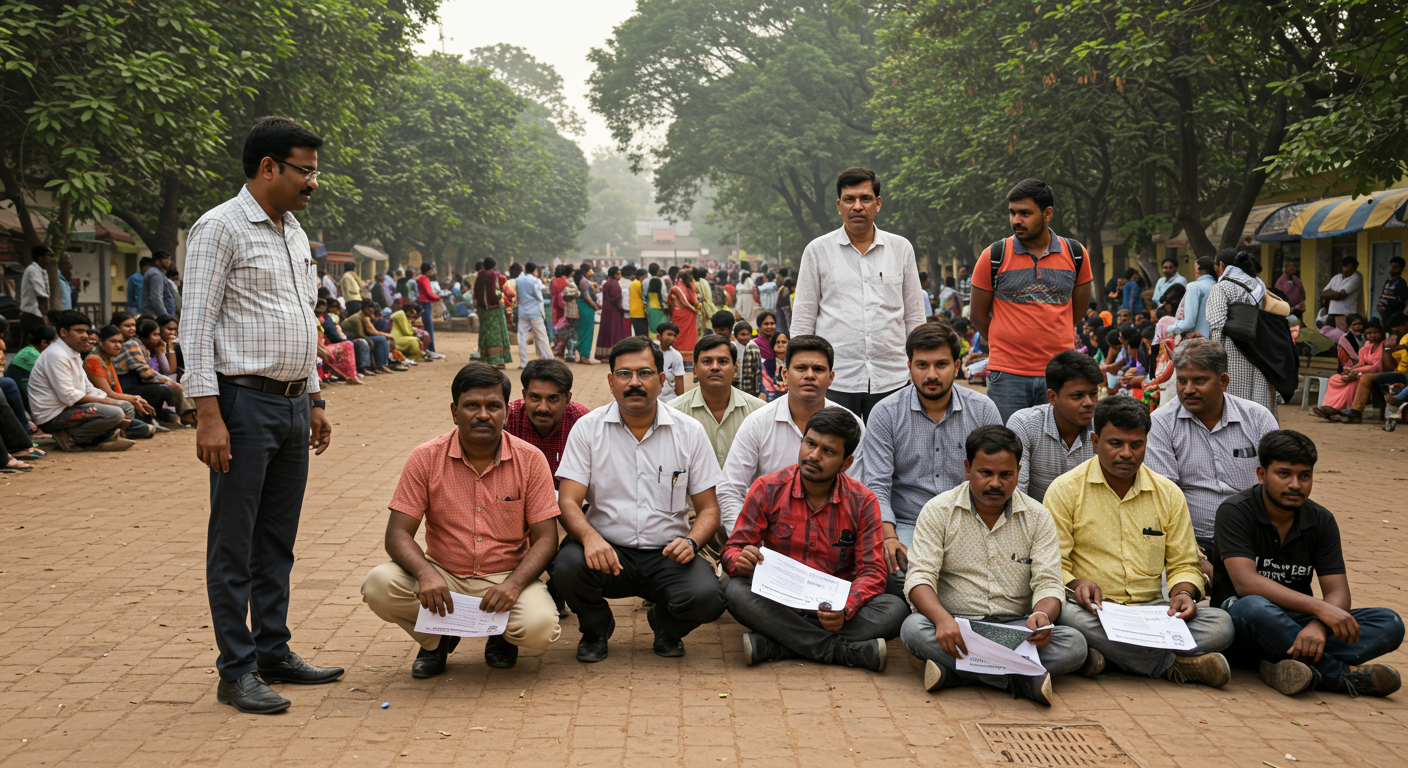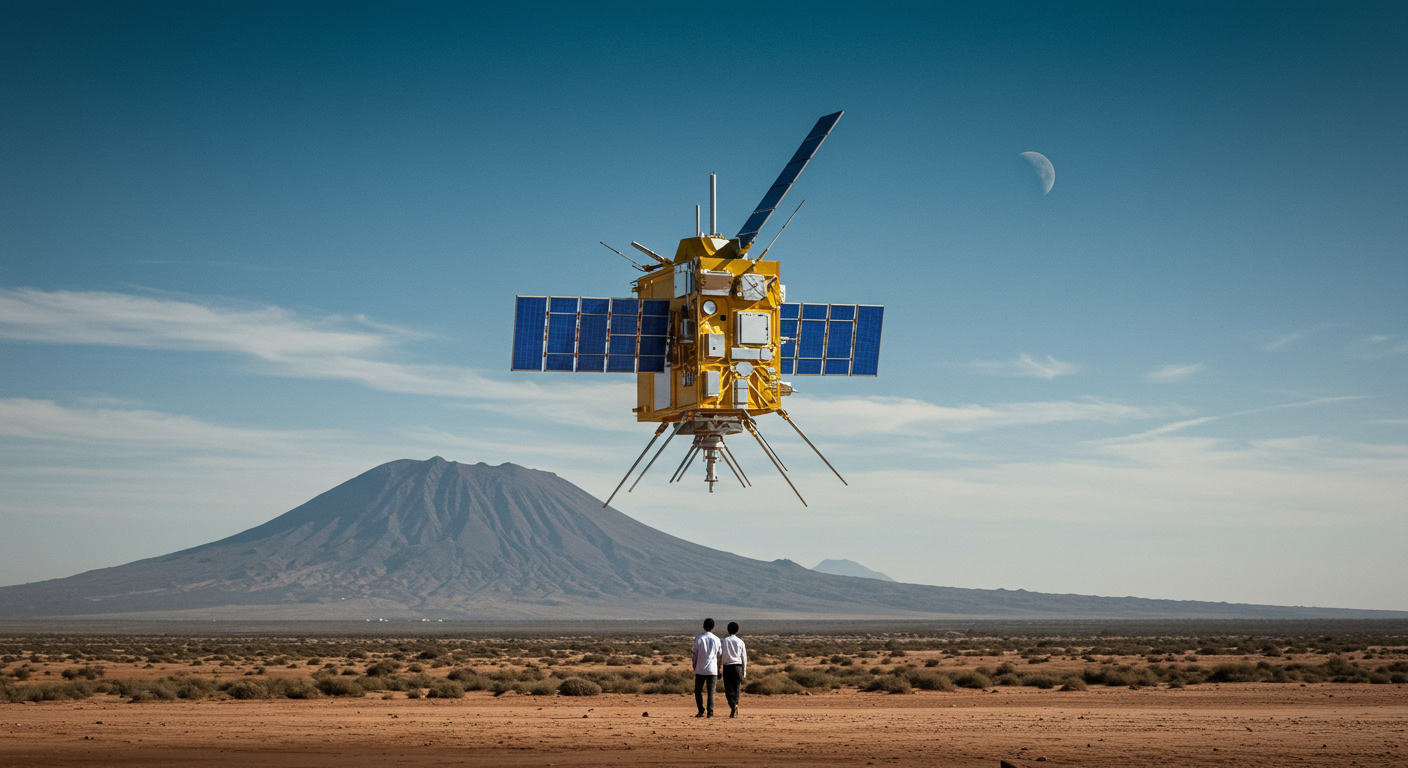India to Manufacture Rafale Fuselages for the First Time: A Game-Changer in Defense and Make in India Mission
- Abhishek
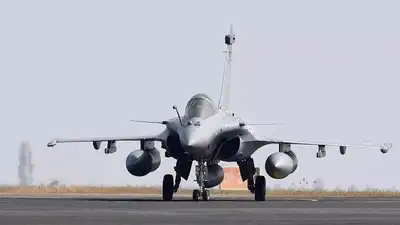
In a remarkable stride for India’s defense and manufacturing sectors, a strategic alliance between Tata Advanced Systems Limited (TASL) and Dassault Aviation of France is all set to transform the country’s role in global aerospace production. For the first time ever, fuselages for the Rafale fighter aircraft—a key component of one of the world’s most advanced combat jets—will be manufactured in India, breaking a decades-old tradition of production being exclusive to France.
This isn’t just another industrial deal. It’s a landmark moment for India’s defense narrative and its ‘Atmanirbhar Bharat’ (self-reliant India) campaign. Let’s explore what this partnership means, why it’s so important, and how it could impact India’s future in both defense and global manufacturing.
On June 5, 2025, Dassault Aviation and Tata Advanced Systems signed four major Production Transfer Agreementsthat will see India manufacturing the entire front fuselage of the Rafale fighter jet. Until now, this core structure—which includes the cockpit and critical electronic systems—was exclusively built in France. Now, this responsibility will be shared by India, making it the first country outside France to do so.
The fuselage of a fighter jet is not just a shell. It’s the backbone of the aircraft. Housing avionics, sensors, the cockpit, and various mission-critical technologies, its production demands cutting-edge expertise, ultra-high precision, and strict adherence to aerospace standards. Bringing this to India means transferring knowledge, equipment, and world-class quality control mechanisms—something that will ripple across India’s broader manufacturing and defense landscape.
Where Will the Production Happen?
The fuselage production will take place in Hyderabad, where Tata-Dassault Aviation Limited (TDAL) is establishing a dedicated, advanced manufacturing facility. Construction is already underway, and the facility is expected to begin operations by FY 2028, with a target of delivering two fuselage assemblies per month.
For a city that’s quickly becoming one of India’s tech and aerospace hubs, this is a massive shot in the arm. It not only reinforces Hyderabad’s role in the global defense supply chain but also means thousands of jobs, infrastructure development, and the emergence of a highly skilled workforce.
Strategic Importance: More Than Just Manufacturing
While the manufacturing of fuselages is the headline, the bigger story lies in India’s evolving role as a defense manufacturing powerhouse. Let’s break down the strategic benefits:
1. Technology Transfer
This deal is not just about assembling parts. It includes a high level of technology transfer—meaning Indian engineers and technicians will now have access to some of the most advanced aerospace technologies used by Dassault.
2. Boost to Atmanirbhar Bharat
Prime Minister Narendra Modi’s ‘Make in India’ campaign, especially in defense, gets a serious credibility boost. By producing such high-tech components, India is no longer just a buyer of global defense equipment; it’s becoming a trusted manufacturer.
3. A Global Supply Chain Role
Once production scales, it’s expected that India will export these fuselages to Dassault for use in aircraft worldwide. This could mark the beginning of India’s deeper involvement in the global aerospace supply chain—a sector dominated so far by the U.S., Europe, and China.
Why Now? The Context Behind the Move
This development comes at a crucial time. Earlier in April 2025, India inked a $7.4 billion deal to acquire 26 naval Rafale fighter jets for the Indian Navy, which are expected to be delivered by 2030. India already operates 36 Rafale jetsin its Air Force.
By developing manufacturing capabilities in parallel with new procurement, India is creating a sustainable ecosystemaround the Rafale platform. This not only reduces long-term dependency on foreign suppliers for maintenance and spares but also opens up possibilities for future upgrades and indigenous modifications.
Impact on the Indian Defense Ecosystem
This isn’t just about Tata or Dassault. The ripple effects will be felt throughout India’s defense and aerospace ecosystem:
-
MSMEs and suppliers will get the opportunity to work with global standards.
-
Engineering colleges and skill centers may see new demand for aerospace-focused programs.
-
Policy makers may use this project as a model for future collaborations, especially under the Defense Production and Export Promotion Policy (DPEPP) 2020.
What This Means for the Future
Let’s be clear—this is a game-changer. If all goes well, India could eventually manufacture more major components of the Rafale or even other aircraft, pushing towards full assembly lines or even indigenous design.
It also places India in a stronger position when negotiating future defense deals. When you’re not just buying jets but helping make them, you gain leverage, reputation, and economic value.
In Conclusion
This isn’t just a defense deal—it’s a symbol of how far India has come and where it’s headed. The Tata-Dassault partnership goes beyond factories and fighter jets; it reflects a strategic shift in how India approaches national security, industrial development, and international partnerships.
From being an arms importer to now becoming a trusted defense manufacturing partner, India is proving that its ambitions to be self-reliant aren’t just political slogans—they’re becoming industrial realities.
As the first Rafale fuselage rolls off the production line in Hyderabad in the next few years, it will carry with it not just rivets and bolts—but hope, pride, and the future of Indian aerospace.

